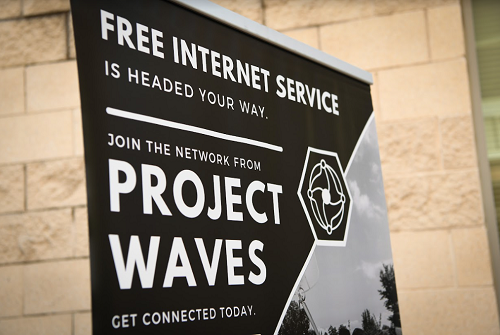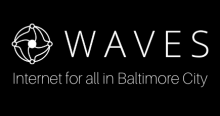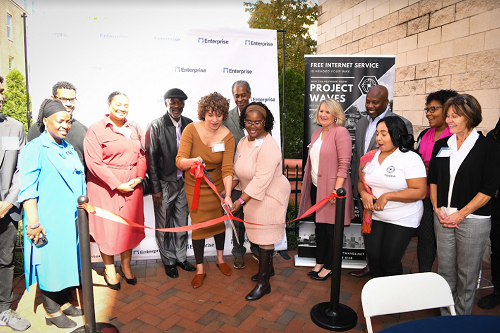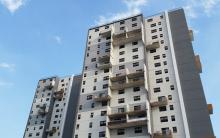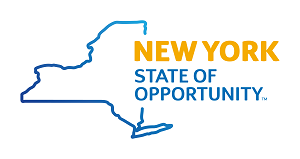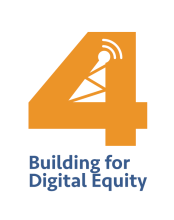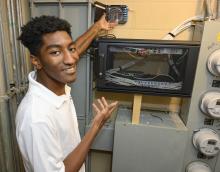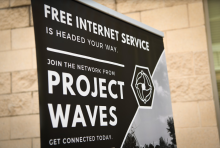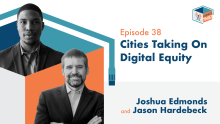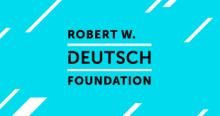Baltimore Issues RFP For Plan To Expand Affordable Broadband
Baltimore city leaders have issued a request for proposals (RFP) for a partner willing to help the city’s ongoing efforts to expand affordable broadband access to marginalized city residents.
According to the RFP, the city’s latest efforts would help bring affordable, high-speed Internet to over 4,100 new housing units spread across eight different public housing communities.
“The RFP is part of Baltimore's Broadband Access Initiative, a citywide effort aligned with our broader Digital Inclusion Strategy to close the digital divide – starting with communities that have been historically underserved,” Baltimore Communications Manager Rafael McFadden says of the effort.
Data indicates that Baltimore, population 565,000, sees some of the highest rates of digital disconnectivity in the nation. Over 96,000 Baltimore households lack wireline Internet service, and 75,000 city residents lack access to a desktop or laptop computer.
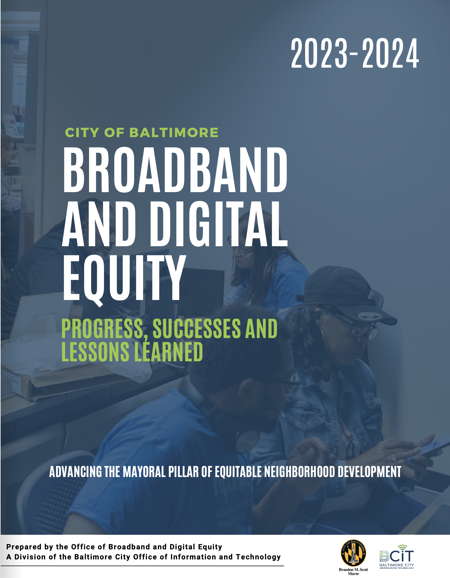
Baltimore has used American Rescue Plan Act (ARPA) funds to create a $5 million Digital Equity Fund grant program, which is driving partnerships with local nonprofits to expand access and improve local digital literacy. The city’s digital equity report, released last March, details the progress the city has made in bridging the digital divide over the last two years.
In addition to numerous other initiatives, the city says it continues to expand its public Wi-Fi network, FreeBmoreWiFi.




